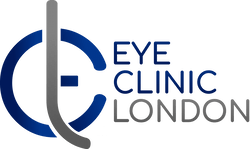Glaucoma in Younger Adults: Can It Happen Under 50?
2026-02-17T06:18:29+00:00When you hear the term glaucoma, you may immediately associate it with ageing. You are often told that it primarily affects people in their sixties or seventies. We recognise that this perception can create a false sense of reassurance in younger adults. Glaucoma can, however, develop well before the age of 50. You may be less likely to encounter it at a younger age, but it is not uncommon. We see that many individuals under 50 simply do not consider











